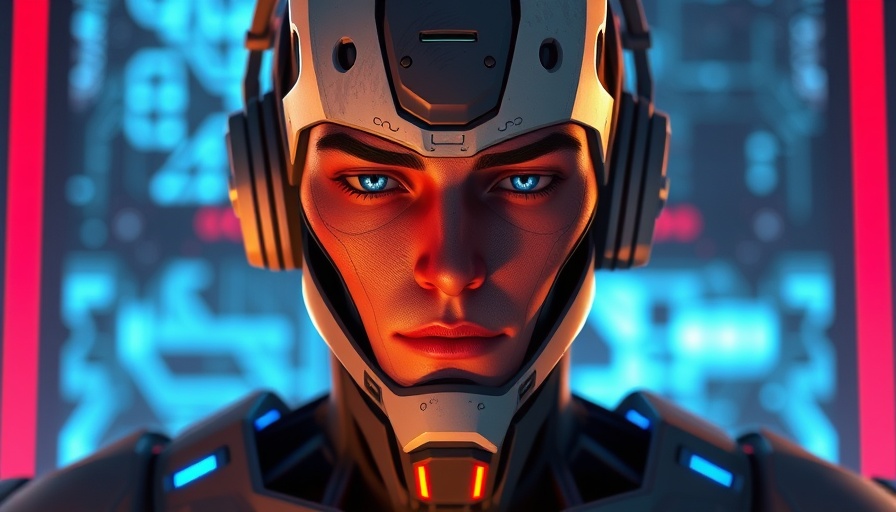
Understanding the Uproar: AI in Video Games
The tension surrounding the use of artificial intelligence (AI) in video game development has reached new heights. A recent incident involving indie game studio Stamina Zero highlights how players can misinterpret artistic choices as AI involvement, overshadowing genuine human effort. In April, the studio’s game, Little Droid, showcased what many viewers thought was AI-generated art, despite it being crafted by a human artist. Developer Lana Ro expressed her surprise at the backlash, stating, 'We were confused.'
Misconceptions About AI Usage
Misunderstandings about AI's presence in creative industries often lead to harsh criticism against those who do not use it. The backlash isn’t limited to big studios; independent developers are feeling the brunt of these accusations. For example, game artist Josh Caratelli received accusations of using AI for artwork he meticulously commissioned, illustrating the challenges even skilled artists face in today’s contentious environment.
The Challenge of Trust and Transparency
As AI’s role in various industries expands, ensuring transparency is crucial. Developers must communicate clearly about how their art is created to instill trust among their audience. Big corporations like Nintendo or Wizards of the Coast might manage to bounce back from false AI allegations with relative ease, whereas indie studios with fewer resources could be irreparably harmed by such misperceptions.
The Future of Art in Gaming: Will AI Replace Human Creatives?
As AI tools become more integrated into game development, concerns grow about the potential displacement of human artists. Nevertheless, many creators believe that talent and individual artistry bring irreplaceable value to games. Developers argue that skepticism towards AI should encourage empowering real artists, rather than jeopardizing their livelihoods.
What's Next for Developers and Players?
AI’s presence in video gaming continues to evolve, and the related discourse is crucial for both developers and players to understand. Engaging with these topics not only fosters a richer appreciation for the art involved but also encourages responsible innovation while addressing the ethical implications of AI technology in creative fields.
As technology enthusiasts, game developers, and players, it’s essential to recognize the value of human creativity amidst the rise of AI. By remaining critical of technological advancements and advocating for transparency, we can help ensure the integrity of artistic expression in the gaming landscape.
 Add Row
Add Row  Add
Add 




 Add Row
Add Row  Add
Add 



Write A Comment